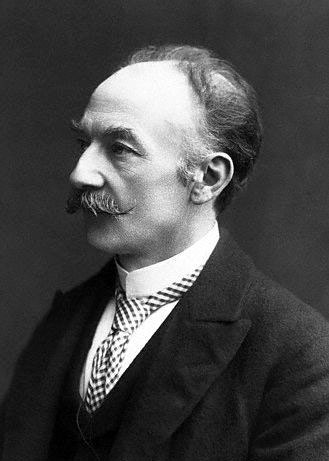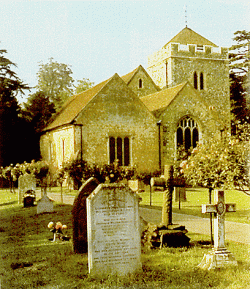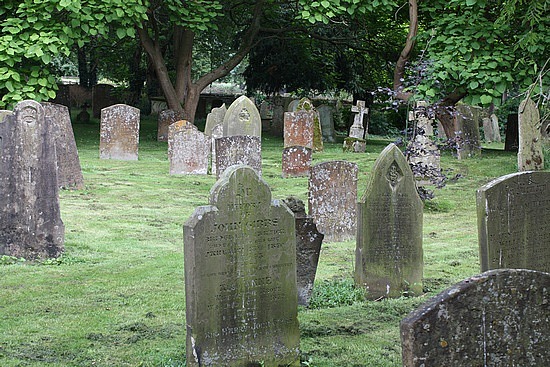About the poet:
Theodore Huebner Roethke was an American poet. He has published several volumes of award-winning and critically acclaimed poetry.
Roethke’s work is characterized by its introspection, and its use of rhythm and natural imagery. He was awarded the Pulitzer Prize for Poetry in 1954 for his book, The Waking, and he won the annual National Book Award for Poetry twice – first in 1959 for Words for the Wind and posthumously in 1965 for The Far Field.
Roethke was born in Saginaw, Michigan on 25th May 1908. His father, Otto, was a German immigrant. As a market-gardener, he owned a large local 25-acre greenhouse, along with his brother (Theodore’s uncle). Much of Theodore’s childhood was spent in this greenhouse, and this is reflected by the use of natural images in his poetry. In 1923, when Roethke was 14 years old, his uncle committed suicide and his father died of cancer. Roethke has said that these events impacted him deeply and influenced his work.
Roethke attended the University of Michigan, earning A.B. (Applied Baccalaureate) and M.A. degrees. He briefly attended law school before finally entering Harvard University, where he studied under the poet Robert Hillyer. He had to abandon his graduate study because of the Great Depression. To support himself, he taught English at several universities, including Michigan State University, Lafayette College, Pennsylvania State University, and Bennington College.
In 1940, he was expelled from his position at Lafayette and he returned to Michigan. Prior to this, he had an affair with established poet and critic Louise Bogan, one of his strongest early supporters. In 1941, his first volume of poetry was published, and it was entitled Open House. While teaching at Michigan State University in East Lansing, he began to suffer from manic depression, which is said to have fuelled his poetic impetus. His last teaching position was at the University of Washington, which led to an association with the poets of the American Northwest.
Roethke was a highly regarded poetry teacher. He taught at the University of Washington for fifteen years. Two of his students from that period won Pulitzer Prizes for Poetry and two others were nominated for the award. Some of his best-known students were James Wright, Carolyn Kizer, Jack Gilbert, Richard Hugo, and David Wagoner. The highly introspective nature of Roethke’s work also influenced the poet Sylvia Plath greatly.
Roethke suffered a heart attack in his friend S. Rasnics’ swimming pool in 1963. He finally died on 1st August of that year on Bainbridge Island, Washington, aged 55. The pool was later filled in and is now a zen rock garden, which can be viewed by the public at the Bloedel Reserve, a 150-acre former private estate. There is no sign to indicate that this rock garden was the site of Roethke’s death.
About Elegy for Jane:
The poem “Elegy for Jane” by Theodore Roethke was published as part of his collection of poetry entitled The Walking in 1953. The subtitle of the poem tells us what it is about. Its full title is “Elegy for Jane: My student, thrown by a horse”. From this, we get to know that Jane was presumably one of the students who studied poetry under him in one of the four colleges in which he had taught. The fact that he would write a poem about a student is hardly surprising, for we know that he shared a close relationship with most of his students and that they, in turn, were very fond of him.
The setting of Elegy for Jane:
This poem is set in two locations – first in the poet’s mind, as he recounts various things about his beloved Jane, and then in the graveyard, as he stands beside Jane’s grave wishing to bring her back to life.
Stanza-wise Summary of Elegy for Jane:
The poem consists of 5 stanzas. The first, third and fourth stanzas are made up of 4 lines. The second and fifth stanzas are made up of 5 lines. Hence, the entire poem consists of 22 lines in total.
1st stanza:
I remember the neckcurls, limp and damp as tendrils;
And her quick look, a sidelong pickerel smile;
And how, once startled into talk, the light syllables leaped for her,
And she balanced in the delight of her thought,
In this stanza, the poet tells his readers what things he remembers the most about his student Jane. He says that her hair would fall on her neck in curls, looking like tendrils. She would stare widely at the world and smile. Once she started talking, words would come to her lips at a fast pace and she would be delighted to voice them.
2nd stanza:
A wren, happy, tail into the wind,
Her song trembling the twigs and small branches.
The shade sang with her;
The leaves, their whispers turned to kissing,
And the mold sang in the bleached valleys under the rose.
In this stanza, the poet says that Jane often looked as free and happy as a bird. Her voice could be heard as it traveled on the air through the branches of trees. The shade joined in with her, and the leaves whispered to each other and kissed for her song made for a pleasant environment. As she sang, all of the nature seemed to come to life from its previously passive state.
3rd stanza:
Oh, when she was sad, she cast herself down into such a pure depth,
Even a father could not find her:
Scraping her cheek against straw,
Stirring the clearest water.
In this stanza, the poet describes how Jane would withdraw into herself when she was depressed. At such times, even her father could not revive her spirits. She would rub her cheek against straw and use it to create ripples in the water.
4th stanza:
My sparrow, you are not here,
Waiting like a fern, making a spiney shadow.
The sides of wet stones cannot console me,
Nor the moss, wound with the last light.
In this stanza, the poet calls Jane his Sparrow and laments the fact that she is not with him any longer, waiting as she would with her thin frame like that of a fern. Nature that normally calms him cannot make him lament any less for this loss.
5th stanza:
If only I could nudge you from this sleep,
My maimed darling, my skittery pigeon.
Over this damp grave I speak the words of my love:
I, with no rights in this matter,
Neither father nor lover.
In this stanza, the poet wishes he could simply wake Jane up with a slight touch of his hand as if she were just sleeping. Her body has been damaged, and she was restless in her last moments, he remembers. He offers these words of love only to her grave, feeling all the time that only a father or a lover has the right to do so, not him.
Some online learning platforms provide certifications, while others are designed to simply grow your skills in your personal and professional life. Including Masterclass and Coursera, here are our recommendations for the best online learning platforms you can sign up for today.
The 7 Best Online Learning Platforms of 2022
- Best Overall: Coursera
- Best for Niche Topics: Udemy
- Best for Creative Fields: Skillshare
- Best for Celebrity Lessons: MasterClass
- Best for STEM: EdX
- Best for Career Building: Udacity
- Best for Data Learning: Pluralsight













